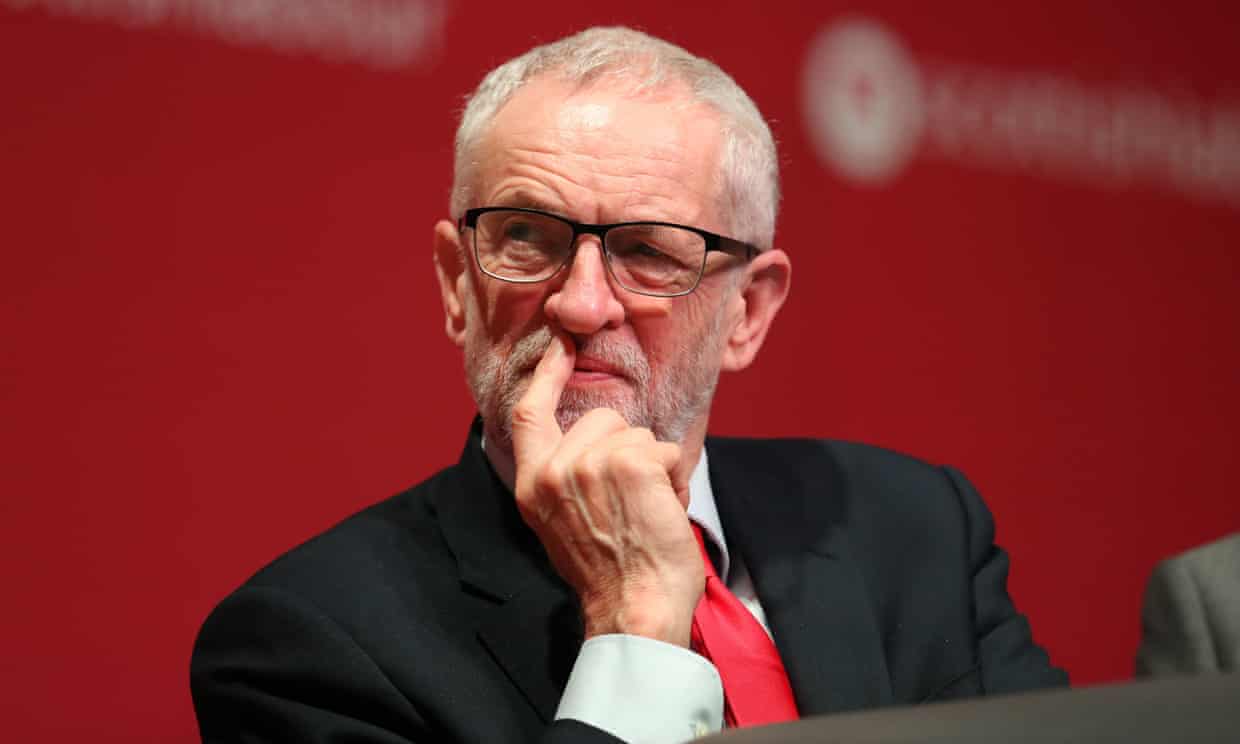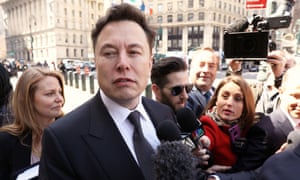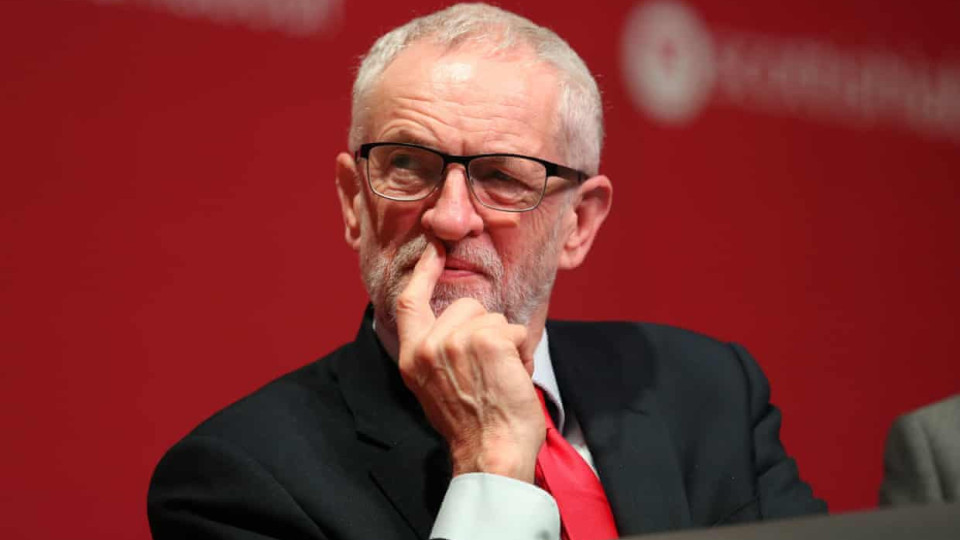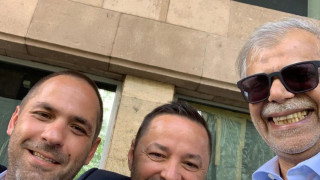
Musk and SEC given two weeks to work out an agreement about the billionaire’s social media posts as share price falls 8%

The Tesla billionaire Elon Musk is in “clear violation” of a restraint issued by the US’s top financial watchdog after Musk inaccurately claimed last year he had a buyer for the company, a court heard on Thursday.
A federal judge in New York heard oral arguments in a lawsuit brought by the Securities and Exchange Commission (SEC) seeking to hold Tesla’s chief executive, in contempt for violating a settlement reached last September when Tesla agreed to vet Musk’s public communications.
The hearing could be the first step in a far more draconian punishment for Musk, including his removal from Tesla management at a crucial moment for the electric carmaker’s expansion.
It came on the same day that Tesla’s share price fell 8% after the electric carmaker reported worse-than-expected deliveries.
In court, lawyers for the unpredictable entrepreneur argued that Musk had not violated the terms of his settlement with the SEC reached last October in which he agreed not to put out “material” information about the publicly listed Tesla without the pre-approval of a board established to oversee his social media posts.
Cheryl Crumpton, representing the SEC, said it had “become pretty clear” that Musk had no intention of complying with the order.
The SEC ruling came after an extraordinary episode in August, when Musk inaccurately claimed he had an investor for the troubled company, sending the company’s share price soaring.
But in an apparent violation of the settlement Musk tweeted on 19 Februarythat “Tesla made 0 cars in 2011, but will make around 500k in 2019”, meaning 500,000 vehicles.
Four hours later, Musk corrected himself, saying annualized production would probably be around 500,000 by the year’s end, with full-year deliveries totaling 400,000.
The SEC said the earlier tweet contrasted with Tesla’s 30 January forecast that it would deliver about 400,000 vehicles this year.
Musk appeared in court but did not speak. His lawyers argued he had not breached the SEC’s orders. Musk’s lawyers said the court should not “use a hammer on Mr Musk and leave his ears ringing”.
Judge Alison Nathan gave the parties two weeks to talk and come back to the court with an agreement. She told both sides to “take a deep breath, put their reasonable pants on and work it out”.
Since bringing the action, Musk has maintained he has diligently tried to follow the court settlement, and that the SEC’s request is a breach of his constitutional right to free speech.
The question before Nathan is whether Musk breached the settlement and, if he did, what penalties the regulator will now impose. If Nathan finds Musk in contempt of court she could impose another fine, extended limits on his social media use, or remove him from any executive or management role in the company.
“The issue isn’t that he corrected the tweet, it’s that he was supposed to get approval before he did it and he did not,” said Charles Elson, a professor of corporate governance at the University of Delaware. “He breached the settlement, so the SEC can do whatever they wish.”
Elson believes regulators are now obligated to take meaningful action or the settlement with Tesla or any future agreement the SEC reaches with any company in the future reaches will be rendered meaningless. But because Musk and his leadership of the company are so intertwined Musk has regulators “over a barrel”.
“He is saying if you don’t let me do what I wish I’ll blow myself up and take everyone with me. That’s the problem here, and the SEC has got to have the courage to say, OK, go ahead.”
The regulators’ battle with Musk dates back to 7 August 2018, when he tweeted that he had “funding secured” to take Tesla private at $420 a share – a false claim, as it turned out, that nonetheless sent Tesla’s stock up as much as 13.3%.
In September the regulator filed a lawsuit saying Musk had misled investors and fined both the company and Musk $20m and forced Musk to step down as Tesla’s chairman. He remains CEO.
The SEC accepted the company’s offer to adopt procedures to oversee all of Musk’s communications, regardless of format, and pre-approve written communications that could be material to the company.
That has not stopped Musk’s war of words with the body. He has since labeled the SEC the “Shortseller Enrichment Commission”, recalling his attacks against hedge funds and other investors who sell Tesla stock short, hoping it will fall.
In a December interview with CBS’s 60 Minutes, Musk said he did not have respect for the SEC. He also said his tweets had not been reviewed in advance since the settlement.
“Tesla’s conduct is troubling to the SEC in allowing Musk to make up his own interpretation of the agreement and had failed to exercise any meaningful control of the CEO’s conduct,” Crumpton said. Musk, she said, had “offered a lot of justifications but no information as to why the tweet did not contain ‘material’ information”.
In response, Musk’s lawyers argued “Tesla was right that the tweet was immaterial, Mr Musk was right that it was immaterial and the market was right that it was immaterial” because the post had not moved Tesla’s share price.
The court, said attorney John Hueston, “should not “use a hammer on Mr Musk and leave his ears ringing”.
But the judge, who will rule in the next two weeks, said both sides should “take a deep breath, put their reasonable-ness pants on and work it out”.
Outside the court Musk was greeted with a throng of supporters, press and curious onlookers, one who asked him to “take them to Mars”. In brief comments he said he he was “very happy with the result’s hearing”.









Leave a comment